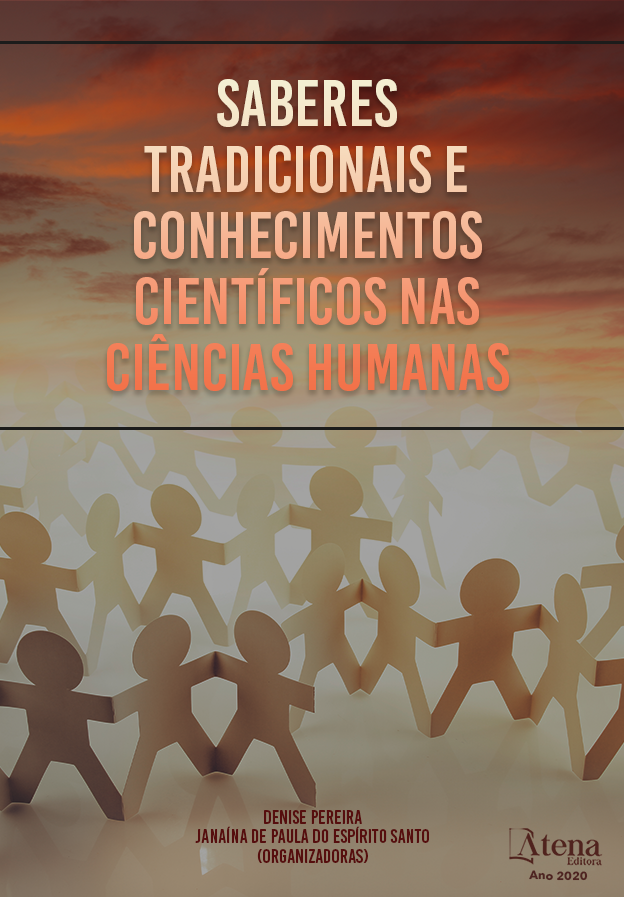
EDITH STEIN: UMA ANTROPOLOGIA INTEGRAL COMO FUNDAMENTO PEDAGÓGICO
Com o advento da modernidade há uma ruptura do sistema heterônomo (normativo) para uma estrutura autônoma, onde não sustenta mais um fundamento último. Assim, o télos humano se dissolve na construção de um novo edifício da modernidade. Torna-se um terreno riscoso e emerge a necessidade de uma nova ontologia do ser, de um télos que oriente o ser humano a obter um novo sentido. Destarte, é necessário retomarmos uma das mais altas indagações filosóficas: O que é o homem? Para, assim, resgatar e conhecer o télos a que se orienta sua natureza e criar respostas para compreender as múltiplas formas de violências que imperam no solo da atualidade. Nessa busca por respostas apontamos para a antropologia da pensadora Edith Stein (1891 -1942), que por meio da fenomenologia apresenta uma antropologia integral em respostas às antropologias reducionistas das ciências novas. A antropologia steniana compreende o ser humano em três dimensões: corpo, psique e espírito, sendo elas intrinsicamente integradas. Essa é capaz de abarcar a estrutura essencial do ser, de mergulhar na profundidade do sujeito tal como ele vivência seu interior. Na busca por essa nova resposta as indagações de seu tempo sua antropologia converge para uma pedagogia, ou seja, para a formação dos seres humanos. Essa pedagogia terá como guia o estímulo à aceitação, ao pertencimento da alteridade na comunidade. Portanto, mergulhados nesse desafio à contribuição de Edith Stein se torna extremamente preciosa, pois busca entender o que nós somos, o que devemos ser e como devemos agir.
EDITH STEIN: UMA ANTROPOLOGIA INTEGRAL COMO FUNDAMENTO PEDAGÓGICO
-
DOI: 10.22533/at.ed.0402019084
-
Palavras-chave: antropologia. educação. comunidade.
-
Keywords: anthropology. education. community.
-
Abstract:
With the advent of modernity there is a rupture of the heteronomous (normative) system to an autonomous structure, where it no longer supports a last foundation. Thus, the human télos dissolves in the construction of a new modernity building. It becomes a riscoso field and emerge the need of a new ontology of the being, of a télos that guides the human being to obtain a new sense. Hence it is necessary to take up one of the highest philosophical questions: What is man? In order to recover and know the télos to which its nature is oriented and create answers to understand the multiple forms of violence that prevail in the soil of the present time. In this search for answers we point to the anthropology of the thinker Edith Stein (1891-1942), who through phenomenology presents an integral anthropology in response to the reductionist anthropologies of the new sciences. Stengian anthropology comprises the human being in three dimensions: body, psyche and spirit, and they are intrinsically integrated. It is capable of embracing the essential structure of being, of delving into the depth of the subject as it experiences its interior. In the search for this new answer the questions of his time his anthropology converges to a pedagogy, that is, to the formation of human beings. This pedagogy will have as its guide the stimulus to acceptance, to the belonging of otherness in the community. Therefore, immersed in this challenge to the contribution of Edith Stein becomes extremely precious, because it seeks to understand what we are, what we should be and how we should act.
-
Número de páginas: 11
- Vitor Vinicios da Silva


